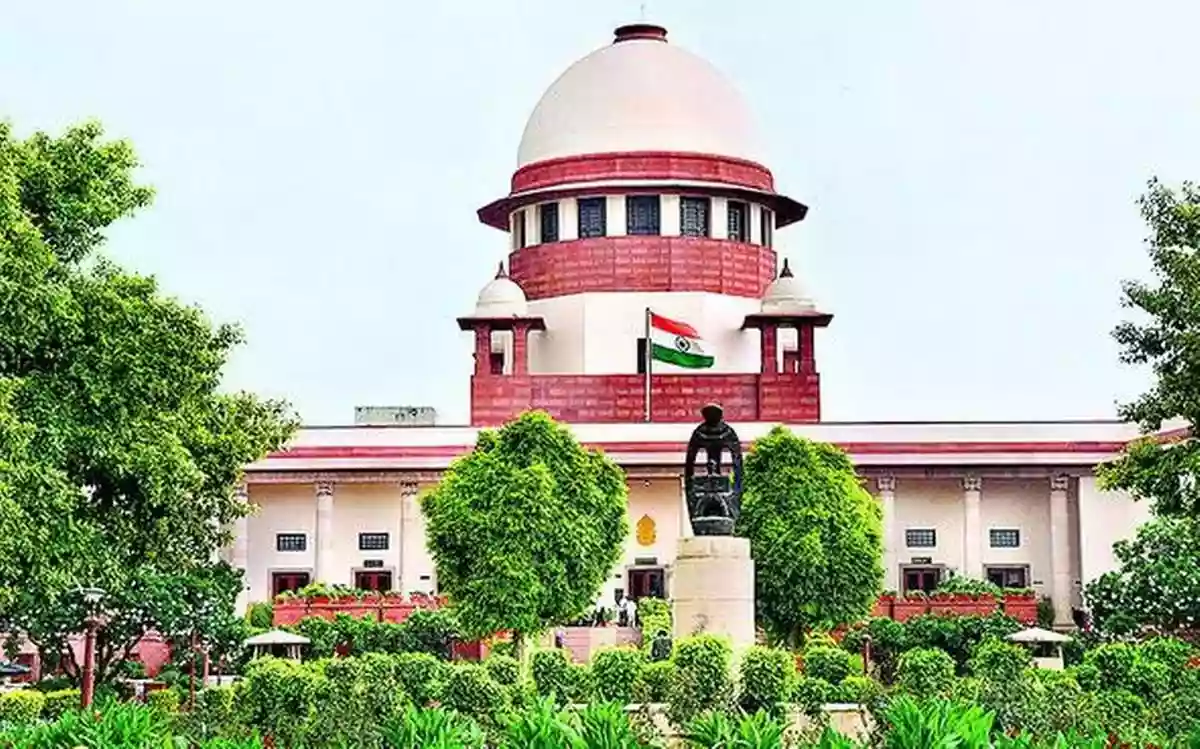CPI(M) leader beaten on road in Kharagpur for protesting wall demolition, shirt torn
.gif)
.gif)

In a landmark ruling, a seven-judge bench of the Supreme Court overturned a 1998 verdict that granted immunity to lawmakers from prosecution for accepting bribes in exchange for votes or speeches in the Parliament or state legislatures. The decision, passed with a 3-2 majority, marks a significant shift in the legal landscape concerning corruption within the legislative bodies.
The bench, led by Chief Justice of India Dhananjaya Y Chandrachud, declared that members of Parliament (MPs) and members of legislative assembly (MLAs) will not have immunity from prosecution for taking a bribe to make a speech or vote in Parliament and state legislatures.
Reading out the verdict on behalf of the bench, Chief Justice Chandrachud clarified that individual members of the legislature cannot claim privilege under Articles 105 and 194 of the Constitution to evade bribery charges related to their actions within the legislative domain.
Article 105(2) of the Constitution provides MPs immunity from any court proceedings concerning their statements or votes in Parliament or its committees. Similarly, Article 194(2) extends this immunity to members of state legislatures. However, the recent Supreme Court ruling has now firmly established that this immunity does not extend to acts of corruption, marking a pivotal moment in the fight against legislative malpractice.